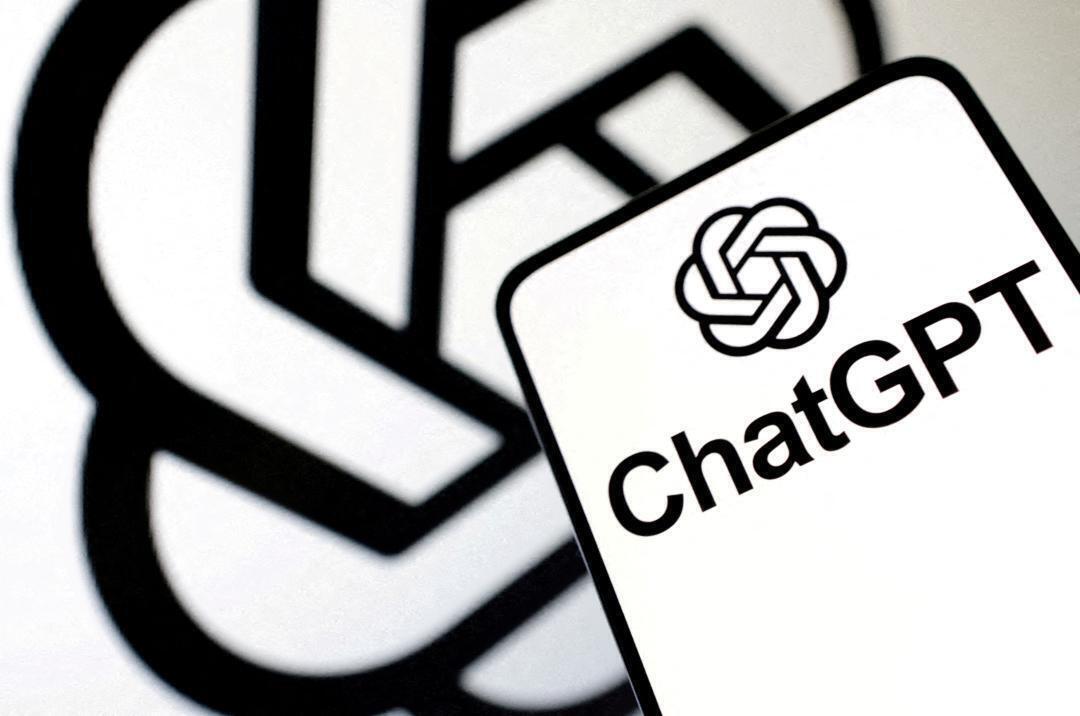
I gave ChatGPT salary details & it fixed my finances, says man
In today’s digital age, technology has made it easier for us to manage our finances with various budgeting apps and financial advisors. However, not everyone has the time or resources to dedicate to managing their finances. This is where ChatGPT, a conversational AI model, has made a significant impact. A US-based author and entrepreneur, Adrian Brambila, has shared his incredible experience with ChatGPT, stating that the AI model helped him fix his finances without any spreadsheets, budgeting apps, or financial advisors.
Brambila’s story begins when he decided to take control of his finances. He wanted to create a budget that would allow him to save money, pay off debts, and invest in his future. However, he quickly realized that managing his finances was a daunting task, especially with the numerous options available. That’s when he stumbled upon ChatGPT, which promised to make budgeting a breeze.
“I gave ChatGPT my salary, and it fixed my finances. No spreadsheets. No budgeting apps. No $400 financial advisor. Just 7 prompts—and total clarity over my money,” Brambila explained.
So, how did ChatGPT help Brambila achieve financial clarity? The AI model used the 50/30/20 rule, a popular budgeting method that allocates 50% of one’s income towards necessary expenses, 30% towards discretionary spending, and 20% towards saving and debt repayment.
“This didn’t feel like budgeting,” Brambila said. “ChatGPT created a zero-based budget, which meant that every single dollar was accounted for. I didn’t have to worry about micromanaging my finances or making complicated decisions.”
The 50/30/20 rule is a simple yet effective way to manage one’s finances. The rule suggests that 50% of one’s income should go towards necessary expenses such as rent, utilities, and groceries. The remaining 30% can be allocated towards discretionary spending, including entertainment, hobbies, and travel. The final 20% should be directed towards saving and debt repayment.
ChatGPT’s ability to create a zero-based budget using the 50/30/20 rule was a game-changer for Brambila. The AI model took his salary details and automatically allocated his income according to the rule, providing him with a clear picture of his financial situation.
“I was amazed at how easy it was to use ChatGPT,” Brambila said. “I simply provided my salary details, and the AI model did the rest. It was like having a personal financial advisor at my fingertips.”
The benefits of using ChatGPT for budgeting are numerous. The AI model eliminates the need for spreadsheets and budgeting apps, which can be overwhelming and time-consuming. Additionally, ChatGPT’s zero-based budgeting approach ensures that every dollar is accounted for, reducing the likelihood of overspending or undersaving.
In an era where financial literacy is paramount, ChatGPT’s ability to provide personalized financial advice is a significant step forward. The AI model’s use of the 50/30/20 rule is a testament to its ability to simplify complex financial concepts and provide users with a clear understanding of their financial situation.
While ChatGPT is not a replacement for a human financial advisor, it can certainly be a valuable tool for those who need guidance on managing their finances. Brambila’s experience with ChatGPT is a testament to the AI model’s capabilities and its potential to revolutionize the way we manage our finances.
In conclusion, ChatGPT’s ability to create a zero-based budget using the 50/30/20 rule has made it an attractive option for those seeking to take control of their finances. The AI model’s ease of use, simplicity, and personalized approach make it an ideal tool for individuals who want to achieve financial clarity without breaking the bank.






